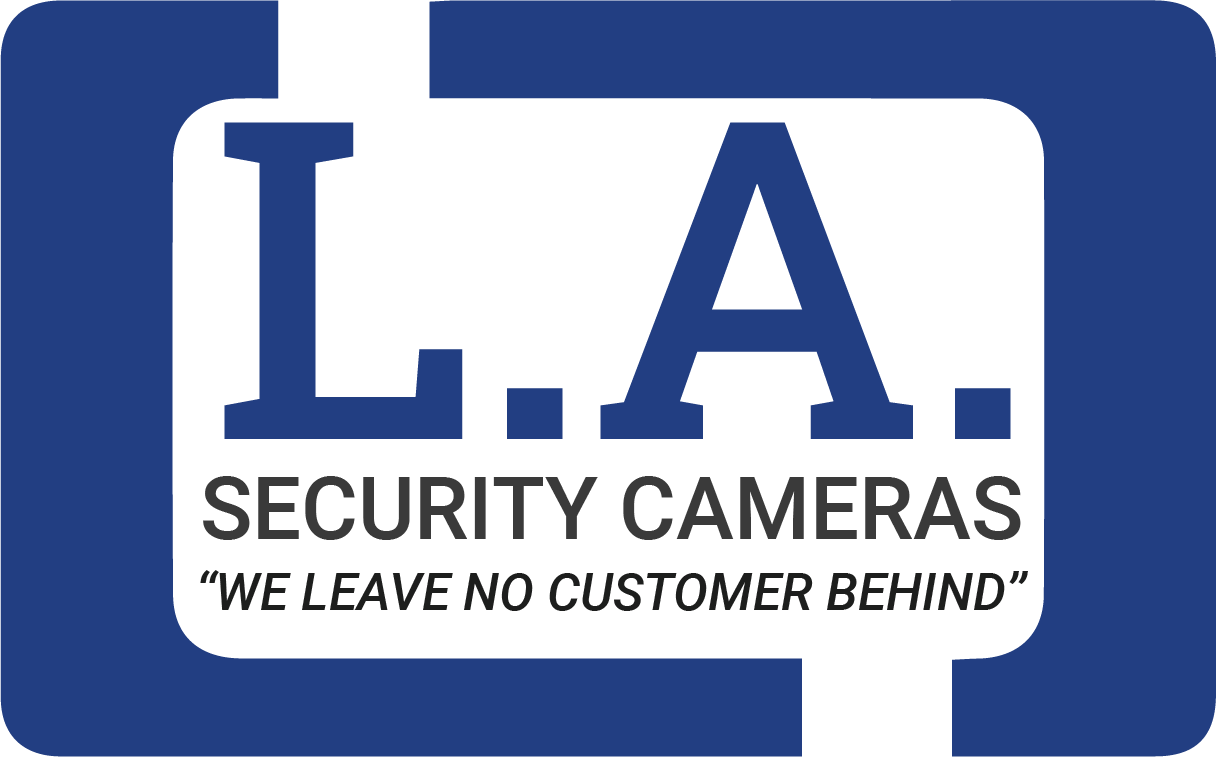Online Security Tips to Protect Your Privacy
Worried about your online security? You are not alone. Online protection is important because now we spend more time online, and avoiding potential risks and online scams is essential. Online privacy is crucial, and the need for online security is more than ever. However, there are steps and ways to ensure your online security.
The good thing is these steps are simple, and while they may not change how you use the internet or network, they will help you avoid identity theft and other issues.
Helpful Tips for Online Security
Here are the tips to safeguard your personal and financial information and support your online security efforts.
1. Do Not Overshare on Social Media
We have all done this at sometime or another; This is something we all are guilty of – from sharing our wedding photos to uploading our child’s first day at school memories; we have all been there. And this is how we compromise our security WITHOUT EVEN REALIZING it.
Giving too many details on social media puts you at risk and makes you an easy target for cybercriminals. Keep your social media details discreet. Create strong passwords that are difficult to guess but easy for you to remember. This will ensure password protection.
2. Do Not Safe Passwords Automatically
Many of us do it to eliminate the hassle of entering our password every time. However, doing this is dangerous. It will give free and easy access to the hackers in case any of them hacks into your browser.
3. Use Incognito Browser
This will stop your computer from saving browsing history, files, and cookies. Different web browsers offer different versions of this kind of privacy; Chrome calls it Incognito Mode. Others cannot trace your browsing history when you search with this mode.
4. Use an Encrypted Messaging App
Texts have taken over phone calls. While we still do make calls, texts are more of our things. Because of this, using a secure and encrypted texting app is important. Telegram is a good option, while Google Messages and Apple Messages have their encryption options.
5. Use a VPN
A virtual private network provides online privacy by crafting an anonymous and private network. This way, it conceals your IP address and makes you untraceable.
Using a VPN is even more important when using a public internet access center like a library, a coffee shop, or the internet cafe down your lane. While you can find free options, investing in a good and trusted service is better.
6. Use a Reliable Antivirus Software
Install antivirus software on your devices. This software will keep you safe from hackers who try to hack into your computer and your personal information.
7. Safeguard Your Mobile Phone
Many of us overlook this when trying to safeguard our online details. People spend more time on their phones than on a computer or laptop.
To begin with, lock your phone with a passcode. Do not download stuff from unfamiliar websites, and keep an eye on software updates. A good online protection service provider in Los Angeles will help you keep your online identity safe.
Let’s Get You Started!
Contact us NOW for a FREE ESTIMATE at (213) 761-7900
Resources
How to Protect Your Privacy Online: Tips – Norton
10 Simple Steps to Take Right Now to Protect Your Privacy Online


